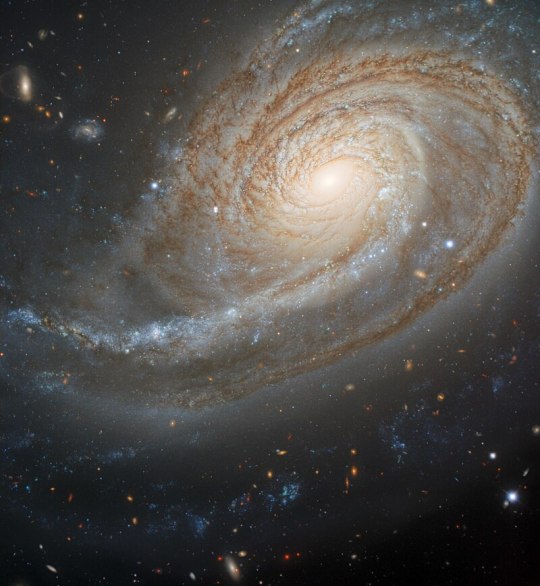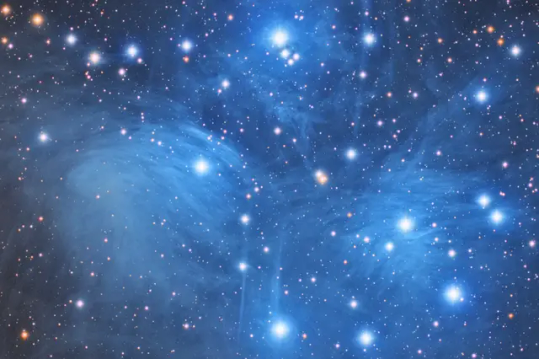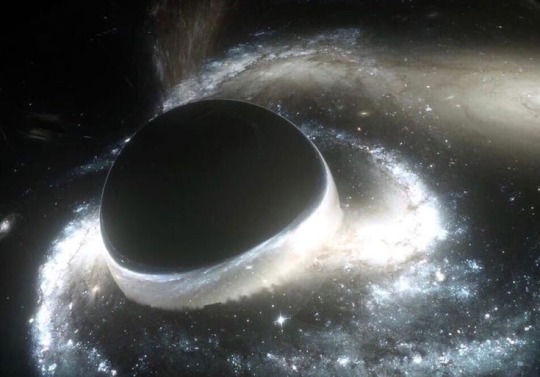Don't wanna be here? Send us removal request.
Photo

2025 March 13
The Protostars within Lynds 483 Image Credit: NASA, ESA, CSA,
Explanation: Two protostars are hidden in a single pixel near the center of a striking hourglass-shaped nebula in this near-infrared image from the James Webb Space Telescope. The actively forming star system lies in a dusty molecular cloud cataloged as Lynds 483, some 650 light-years distant toward the constellation Serpens Cauda. Responsible for the stunning bipolar outflows, the collapsing protostars have been blasting out collimated energetic jets of material over tens of thousands of years. Webb’s high-resolution view shows the violence of star-formation in dramatic detail as twisting shock fronts expand and collide with slower, denser material. The premier close-up of the star-forming region spans less than ½ a light-year within dark nebula Lynds 483.
∞ Source: apod.nasa.gov/apod/ap250313.html
146 notes
·
View notes
Text

This wide-field infrared view of the Orion Nebula (M42), 1,350 light-years away, was captured by ESO’s VISTA telescope. Its infrared vision reveals hidden young stars in dusty regions, offering a stunning glimpse into a stellar nursery. Credit: ESO/J, Emerson/VISTA
23 notes
·
View notes
Photo

From the Galactic Plane through Antares
Credits: License, Rogelio BernalAndreo
61 notes
·
View notes
Text
NASA released the clearest pictures yet of our neighbours in the solar system







Oh and of course us

Honourable mention

77K notes
·
View notes
Text

Jupiter: At The Belt-Zone Boundary - March 10th, 1997.
"Jupiter's thick atmosphere is striped by wind-driven cloud bands that remain fixed in latitude - dark-coloured bands are known as belts while light-coloured bands are zones. At Jupiter's belt-zone boundaries, the shearing wind velocities can reach nearly 300 miles per hour. Near infrared images returned by the Galileo Spacecraft were mapped to visible colours in this close-up of a belt-zone boundary, near the gas giant's equator. The colour-mapping reveals different layers, lower clouds are bluish, higher ones pinkish. The smallest features seen are tens of miles across."
46 notes
·
View notes
Photo

New Stars Destroying NGC 1748
Credits: M. Heydari-Malayeri, Obs. Paris, HST, ESA, NASA
87 notes
·
View notes
Photo

The Long Shadow of the Moon
Credits: MODIS, GSFC, NASA
49 notes
·
View notes
Photo

NGC 6357: Cathedral to Massive Stars
Credits: NASA, ESA, IAA, ESA/Hubble
212 notes
·
View notes
Photo

M57: The Ring Nebula
Credits: NASA, ESA, Hubble Heritage, STScI, AURA, ESA
112 notes
·
View notes











